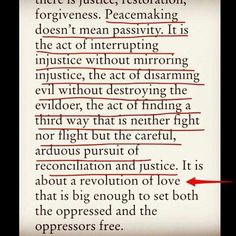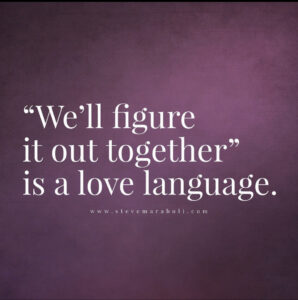After nearly a year, I’ve finally found effective and comprehensive care. It’s been time-consuming, soul-depleting, and expensive. As the physical pain eased, my mind began to unravel. The fog—and the medications—became their own kind of suffering.
I broke. Not just from the pain, but from the hopelessness of trying to live in a body that wouldn’t cooperate and a mind that couldn’t find steady ground.
And now, in this forced halt—slowed all the way down—I’ve had no choice but to sit with everything. The dynamics in my relationships. The patterns that undo me. It’s all coming into focus.
My part. My role. The way I keep choosing what feels familiar—people who echo something old. The part I learned to play in my family, then in friendships, in marriage, and heartbreakingly, with one of my sons.
By the time I recognize the pattern and gather enough clarity to speak, the narrative is often already in place: Sensitive. Unstable. Hard to help. What sounds like concern is often a preemptive smear.
These dynamics rarely begin with overt conflict. They begin when something painful is named—something subtle, minimizing, or diminishing. The response isn’t curiosity or care—it’s defensiveness, spin, image protection. The shift is swift: discredit the voice, reframe the need as dysfunction.
The behaviors aren’t loud. They show up as subtle dismissals, inconsistent presence, or disregard for clearly expressed boundaries. And when a response comes—with emotion, clarity, or even a quiet limit—that becomes the issue. The original wound is erased. The reaction becomes the offense.
Those shaped by narcissistic defenses would rather launch a war—where cruelty, chaos, and control dominate—than engage in a conflict that demands equality, vulnerability, and mutual respect. True dialogue feels threatening, because it requires accountability—the one thing they work hardest to avoid.
Over time, the emotional toll accumulates. But the public narrative flips: You’re too intense. Too reactive. This is why people leave.
It creates a structure where responsibility is dodged, and harm gets reframed as hypersensitivity. Distance, gossip, and exclusion become acceptable—even necessary.
Even the moment of disengagement gets rewritten. Not as a response to injury, but as overreaction. Refusing to move on. Stirring drama. Always upset about something.
Pain is allowed—so long as it’s quiet, private, and implicates no one. Or at least no one who considers themselves always right and above reproach. The moment pain is named plainly—or a need is expressed without apology—it’s met with punishment. Labeled as instability. Cast as betrayal.
This time, I stayed with myself.
I didn’t retaliate. I didn’t escalate. I didn’t vanish. I said what was true—not to wound, not to win—but because it was mine to name.
There was coldness. I chose not to mirror it. I didn’t explain it away or argue with it. I let it be what it was. And I let my response reflect who I am—not what the system demanded I be.
I was accused of the very behavior being used against me. That’s not irony. That’s the playbook: distort, accuse, withdraw.
Still—I didn’t collapse. I didn’t abandon myself. I remained grounded. I spoke truthfully, with care. That’s the third way.
Therapy is helping me see: the goal isn’t to perfect the art of leaving quietly. It’s to choose relationships where safety, mutual respect, and connection matter more than dominance or control.
For most of my life, I believed there were only two ways out: banishment or retreat. Now I can see a third



